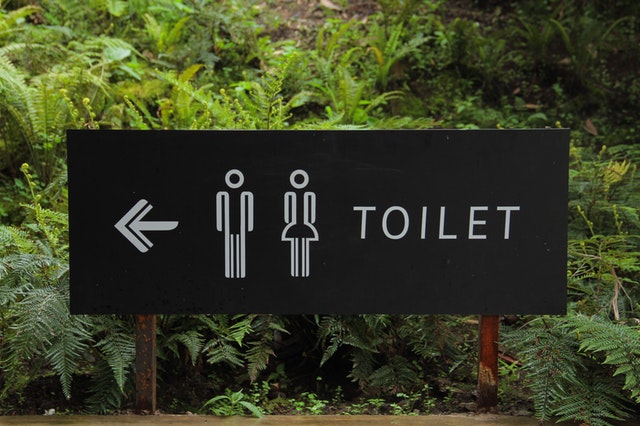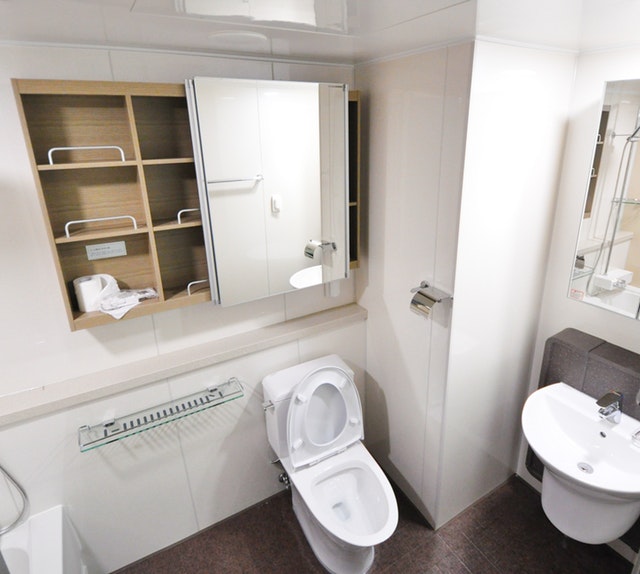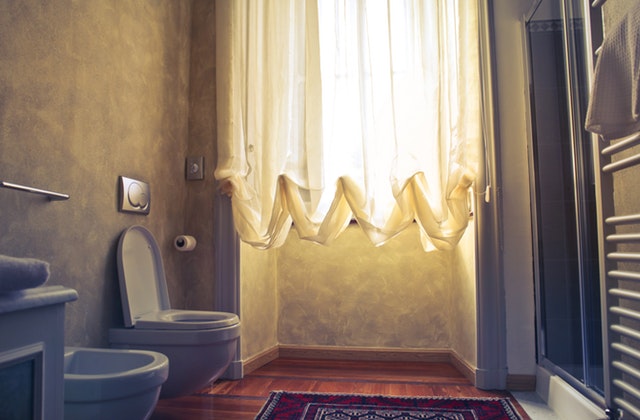Specialists have unveiled exactly how many trips towards the toilet you need to be spending a day and what exactly are viewed as “regular” toilet routines.
Certain times you could see yourself inside and outside from the bathroom, as well as several days may perhaps go by without having just one visit for a Number Two. Must this particular be a reason for problem?
We requested 5 professionals in the event that we’ve to poop every single day.
All 5 from five professionals stated absolutely no
The following tend to be their particular thorough answers:
Christopher Hair, Gastroenterologist

The human body is complex, which helps promote why so many normal functions differ between people, including sleep, urination and defecation.
What is perceived as normal for many, is out of normal for many people. Pooing is one such example of this range. What is typical is well defined yet broad.
In many studies into normal healthy’ defecation, normal pooing ranges from thrice per day to three times per two or three. Less than 40 % of healthy people poo once every single day.
Pooing the particular the normal for any person might signify illness for infection (pooing more) or cancer (pooing blood).
Sometimes not pooing whatsoever might indicate illness, since a metabolic condition.
Damien Belobrajdic, Research Scientist
Opening your bowels normal is not essential for the best functioning of your digestive human body.
However, long stretches without movements (fewer than three stools per week) can cause a number of complications such as haemorrhoids, anal fissures or faecal impaction. Constipation can be caused by a lot of factors, together with a range of medical conditions, some medications (such as opioids, some antacids), nutritional supplements (such as iron) in addition to course, a diet low in fibre.
The best way to promote optimal digestive health and regular movements is to drink plenty of water and consume high fibre foods at each lunch.
This could be achieved via a varied diet including wholegrain breads and cereals, legumes, nuts and seeds, vegetables and some fruits.
Dan Worthley, Gastroenterologist
In sites large study of 4775 people reporting normal bowel patterns, it was found that about 95 per cent of people move their bowels between three and 21 times weekly.

So between three times a day and 3 x a week is what I like to call the Goldilocks zone for pooing.
But just as important as frequency, is form. To describe our stool consistency, we use the Bristol Stool Form Scale which upon seven-point scale ranging from Type 1 separate hard lumps, like nuts to Type 7 watery no solid cuts.
Type 4 (Like a sausage or snake, smooth and soft) is the Nirvana most bowel actions, but 50 per cent of normal patients report some variation from this.
Jakob Begun, Gastroenterologist
Stool is the end product of our gut metabolising our food, and it consists of non-absorbed material, microbes and water.
Each week the average person produces between 500 and 1100 grams of barstool.
The frequency of defecation is governed by many factors including diet, the intrinsic motor activity with the gut, the rectal capacity, behavioural factors, as well as the gut microbiome. Studies have generally confirmed the three and three rule – which normal bowel frequency varies between three times a day, and once every 72 hrs.
When assessing whether lovely constipation there’s an increased exposure of symptoms in addition to stool frequency.
So a person who moves their bowels less often than after a day, but does not need any discomfort, straining, or even symptoms, is typical.
Vincent Ho, Gastroenterologist
Studies the actual world UK and Sweden found almost all patients a new frequency of bowel motions between triple per week and 3 x per time.
So is just thought for the normal range for the way often you should go into the toilet. Experiencing temporary modifications to bowel frequency or consistency is every day.
Many non-disease factors are recognized to customize the frequency of bowel motions including fluid intake, physical activity, diet, age and social factors such as embarrassment in going on the toilet working.



